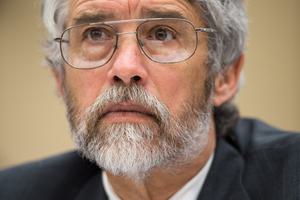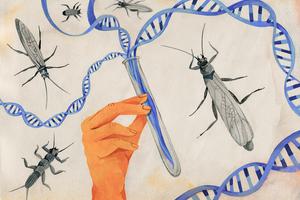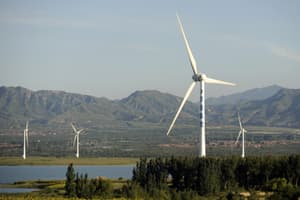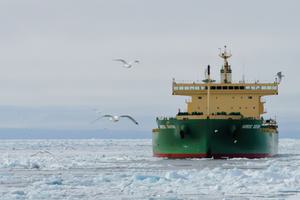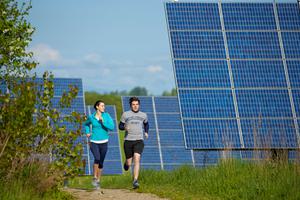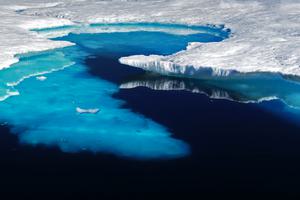Climate
-
Climate Consequences
How Warming Is Threatening the Genetic Diversity of Species
-
Climate Politics
With Trump, China Emerges As Global Leader on Climate
-
Full Speed Ahead
Shipping Plans Grow as Arctic Ice Fades
-
African Wetlands Project
Are ‘Blue Carbon’ Projects a Win for the Climate and the People?
-
Ghost Forests
How Rising Seas Are Killing Southern U.S. Woodlands
-
The Greenhouse Gas Riddle
What is Causing the Recent Rise in Methane Emissions?
-
The Moth Snowstorm
Finding True Value in Nature’s Riches
-
A Post-Fact World
How the Attack on Science Is Becoming a Global Contagion
-
Disappearing Species
What’s Killing Native Birds in the Mountain Forests of Kauai?
